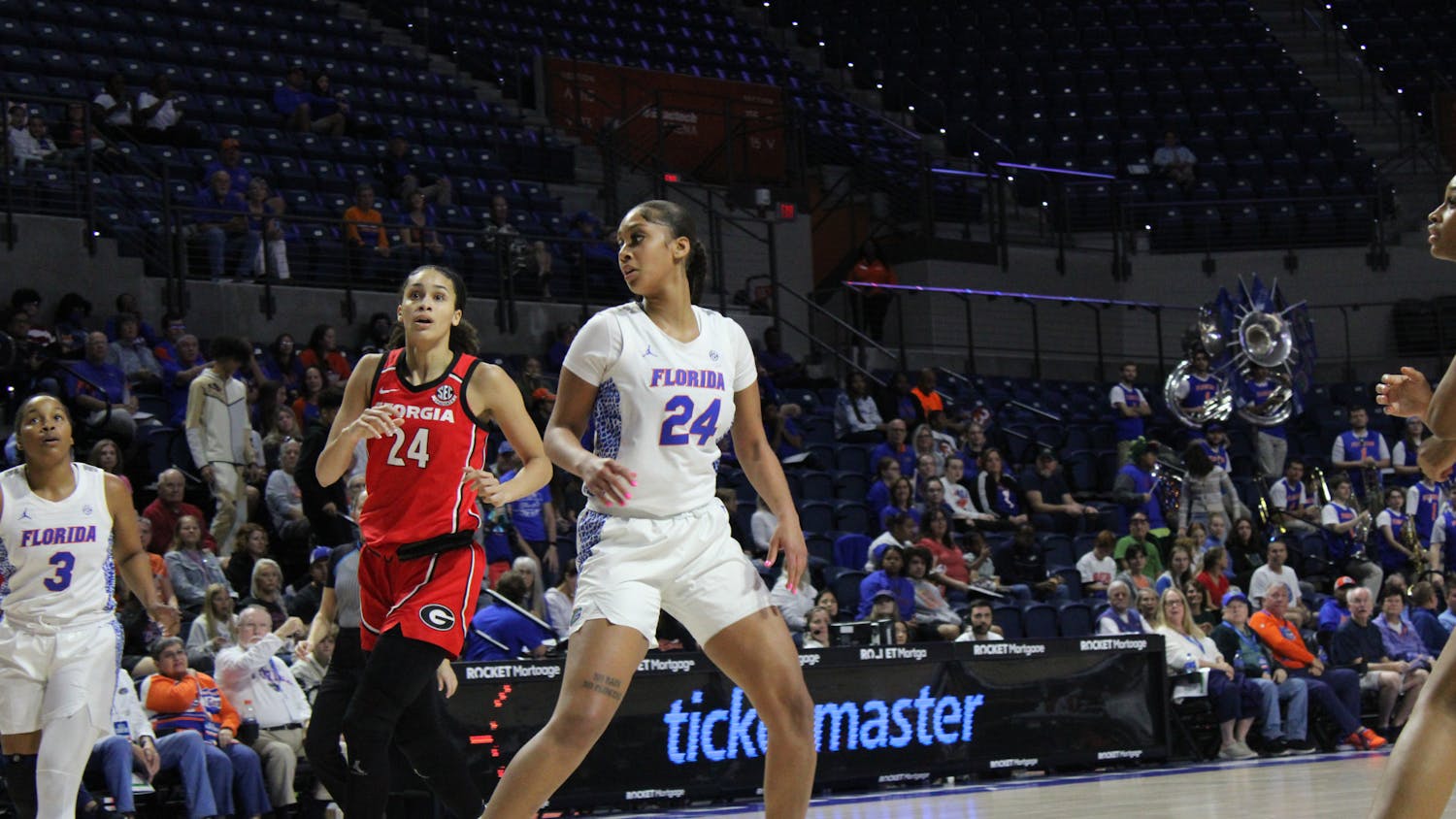This column concerns the events which transpired at the University of Missouri on Monday. No doubt you’re familiar with it already — along with the heresy of plain red cups, the Mizzou story has captured the country’s imagination.
Why wouldn’t it? Nothing like this has happened since the ‘70s. There have been protests, obviously, but successful protests on this scale?
As of press time, the success of #ConcernedStudent1950 has already secured itself a place in our nation’s history. With this victory, the protest movement has entrenched itself in a place of enormous potential. What happens next may very well define the next generation of campus political activism in the shadow of an increasingly corporatized university model.
I celebrate the Mizzou students’ victory on several grounds, even if I have a few qualms about what happened.
A major thing they have in their favor is what appears to be a united front. This is a coalition of black student activists, professors, graduate students and student athletes who went on strike by using their labor as leverage to achieve political victory. The economic threat posed by the football team’s strike is probably what did Tim Wolfe in. Otherwise, this may have been another unanswered cry of outrage.
It shouldn’t come as a surprise that university officials are more invested in the well-being of the bottom line than the concerns of students or student activists. That’s one of the most annoying and troubling things about these stories from anxious writers hand-wringing over "PC culture" gone awry. Yes, so-called PC culture’s politics of Starbucks postmodernism is creepy and has absolutist tendencies that would seem more at home in the hills of Afghanistan and/or the Bible Belt than in left-wing campus activism. What’s truly irksome and disturbing about it is they don’t try to make changes themselves — they petition university authorities to solve their problems for them.
Such a situation exists because this is how the corporatized university functions. We are not students, we are customers. It isn’t an expression of genuine sympathy when professors are denied tenure or speakers are disinvited from campus. It’s good customer service. Campus administrators don’t accommodate student activists because they’re truly concerned for the feelings of marginalized groups. They do it to protect the university’s brand.
What happened at Mizzou was not a final victory against racism and discrimination. When Tim Wolfe left MU, he didn’t take those problems away with him. It’s significant as a flexing of the proverbial muscle by people who have traditionally been powerless; they achieved something not through university bureaucrats, but through the students’ own power.
Yet, there were some signs of belligerent PC culture on Mizzou’s quad, namely in the activists declaring it a "safe space," with a few of them strong-arming reporters and photographers out of the area. I condemn the actions against those journalists; however, I refuse to take part in the hysterical nonsense that tells us this mildly hostile incident signifies the death of free speech and an assault on the noble and righteous profession of journalism. It’s clear they were only trying to control their own narrative and avoid getting screwed over by the media (looking at you, Don Lemon). Was it right? No. But we should cut them some slack. I believe what we’re seeing is an understandably clumsy attempt to incorporate Internet activist theory into the physical space. The professor who asked for "muscle" to get rid of a student photojournalist has apologized and resigned her guest position in MU’s journalism school. This is no true threat to liberty.
What we should be worried about is what the Concerned Student 1950 group does next. Should it submit to administrative authority once its immediate demands are met? Then the revolutionary potential of this action would be squandered. Doing that would also set a dangerous precedent; once the right wing finds out it, too, can petition university bureaucrats to make rules in its favor, a counter-revolution may very well flare up, and we’ll be in for a hell of a fight.
Alec Carver is a UF history junior. His column appears on Fridays.





